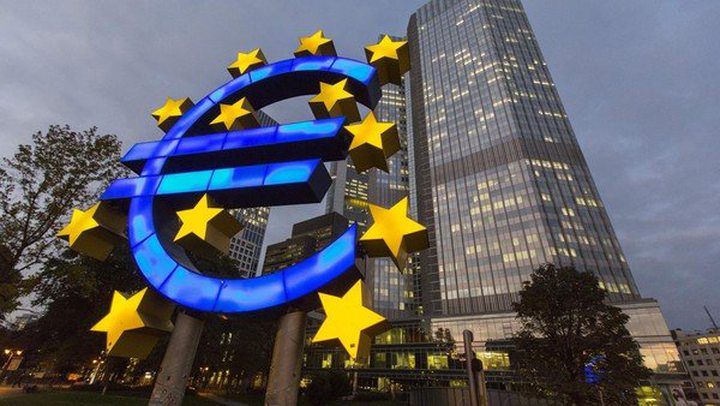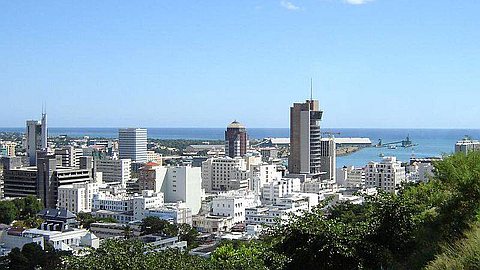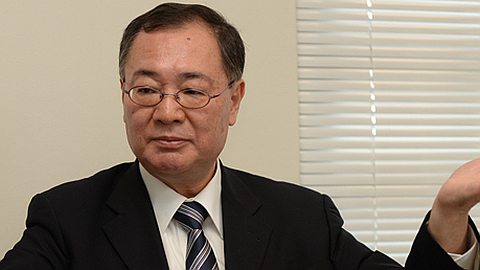Bank of Japan Raises the bar for European Central Bank

Last week, only days after the US Federal Reserve called time on its version of quantitative easing, the BoJ sent a stunning reminder to investors that other central banks remain in easing mode.
The Fed’s decision to deviate from its counterparts in Japan and the eurozone after years of aggressive monetary easing has already helped the ECB’s policy makers, weakening the euro to a fresh two-year low of $1.25 on Monday.
But an unexpected fall in eurozone core inflation, a measure which excludes more volatile items such as food and energy prices, has bolstered calls for the ECB to follow Tokyo’s lead and act boldly by buying long-term government bonds.
Most ECB watchers think the governing council is unlikely to take any significant decisions on Thursday. Policy makers will probably prefer to judge the impact of existing attempts to ward off economic stagnation, including purchases of private-sector securities, before deciding what to do next.
The ECB has bought €4.8bn of covered bonds so far and last week chose four asset managers to buy bundles of loans repackaged as asset-backed securities from later this month. It will also hold another auction of cheap four-year loans in December, with officials confident that the take-up will be higher than the September auction which missed market expectations.
Meanwhile, the divergence between the eurozone’s monetary guardian and the US central bank should lift headline inflation from its current level of 0.4 per cent by strengthening the dollar and raising the cost of imports.
But with inflation still well short of the ECB’s target of just below 2 per cent, investors remain concerned the ECB’s current policy mix will fail to stave off a Japan-style lost decade of weak growth and falling prices.
Markets lapped up the BoJ’s move, with the Nikkei 225 surging 5 per cent and the dollar up by 3 per cent against the yen.
Some believe the euphoric markets’ reaction will persuade ECB policy makers to act by soothing concerns that large-scale sovereign bond buying has little impact when government debt yields are already as low as they are in most of the eurozone and Japan.
But while buying government bonds could boost European equities and weaken the euro, ECB officials seem unconvinced that even the most aggressive monetary stimulus can lift growth if governments remain reluctant to reform their economies.
Mario Draghi, ECB president, said in Washington last month that full-scale quantitative easing could not produce a self-sustaining recovery on its own. The experience of the BoJ, which has had to ramp up its earlier bond-buying plans in the face of disappointing growth, supports his scepticism.
“Some people are jumping too quickly to the conclusion that [the BoJ move] makes ECB action more likely,” said Krishna Guha, of Evercore ISI. “It cuts both ways: the market reaction is a convincing response to those that argue that QE isn’t effective when yields are already low. But it also shows that the BoJ’s QE didn’t deliver a lot of the results.”
Mr Guha added: “Policy makers are grappling with the question of QE’s effectiveness. You have evidence for both sides from what happened in Japan.”
Officials in Frankfurt would balk at buying bonds in the quantity that Tokyo has promised to, with the BoJ’s yearly purchases equating to 15 per cent of Japan’s national income. Even the prospect of small-scale purchases sends shivers down the spine of the more conservative governing council members.
And while Haruhiko Kuroda, the BoJ governor, could afford to split his policy board five to four in favour of boosting QE, the eurozone’s political make-up requires Mr Draghi to build a convincing consensus around the need to start buying government bonds before acting.
Others see lessons for the ECB in the BoJ’s reluctance to embark on government bond buying in the early years of Japan’s stagnation.
Guntram Wolff, director of Bruegel, a Brussels-based think-tank, said: “The Japanese story tells us it’s very difficult to get out of deflation. That’s an important reason why eurozone policy makers should act now and not later: buying huge units of sovereign debt later will be much more difficult for the ECB than for the BoJ.”
“There’s a big difference between QE with conviction and halfhearted QE,” Mr Guha said. “There’s a real risk the ECB ends up looking like the old BoJ.”





